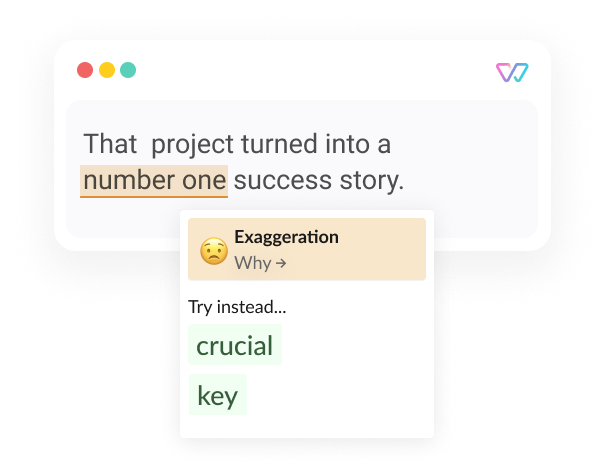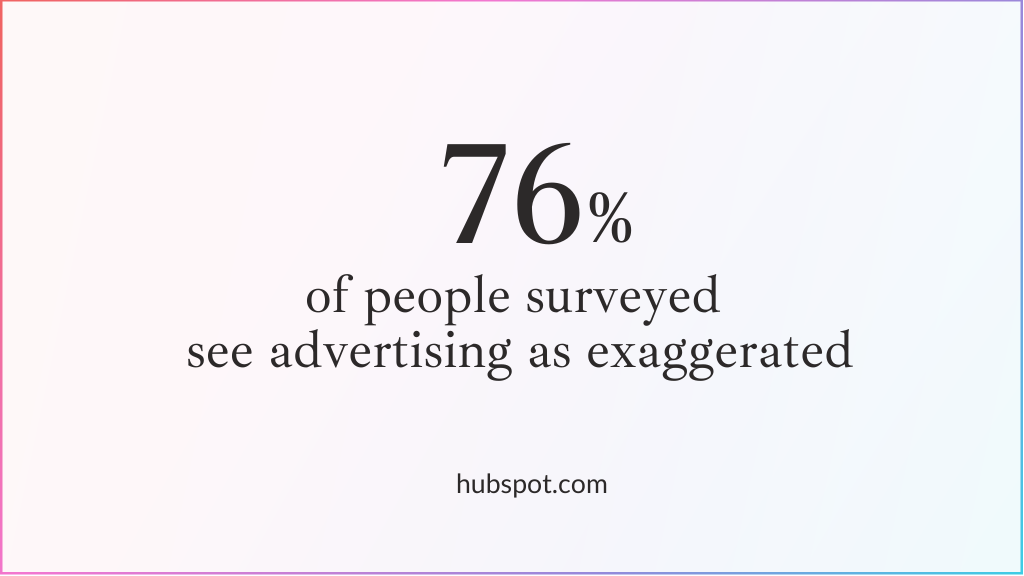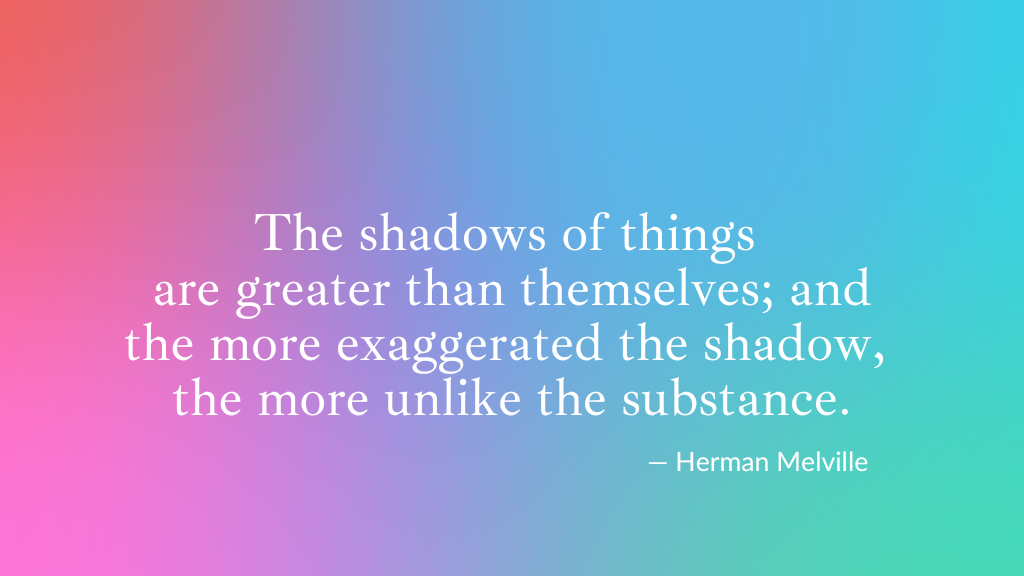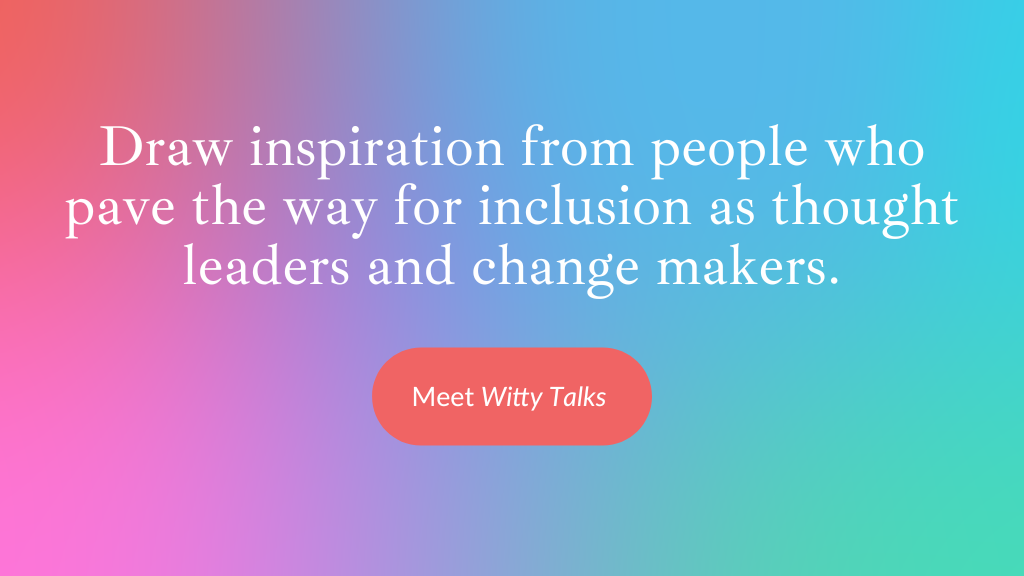 Exaggeration
Exaggeration
This term is a over-the-top and not inviting.
To show you are a credible voice, stay factual and use specific language to present ideas and arguments.

Basic Example

Advanced Example
.png)
The best! The greatest! Loud messages are everywhere. We’re led to believe that joining the loud crowd will let us reach and convince readers. True, exaggeration grabs attention. It’s also likely to damage our credibility. Social-media savvy Generation Z is especially quick to see through over-the-top claims. Keeping our messaging honest and straightforward helps people build trust and identify us as a reliable source.
👍
Trust us with your brand. We build trust in your business.👎
Trust us with your brand. We’re the best in the business.Doesn't resonate with
- People working under time constraints, multi-tasking, or managing with a shorter attention span
- People from diverse language backgrounds and people with different ways of processing language
- People whose first language isn't English
Shout-outs
- On the communicative function of exaggeration: How to be a million times clearer (Craig O. Stewart & Roger J. Kreuz)




